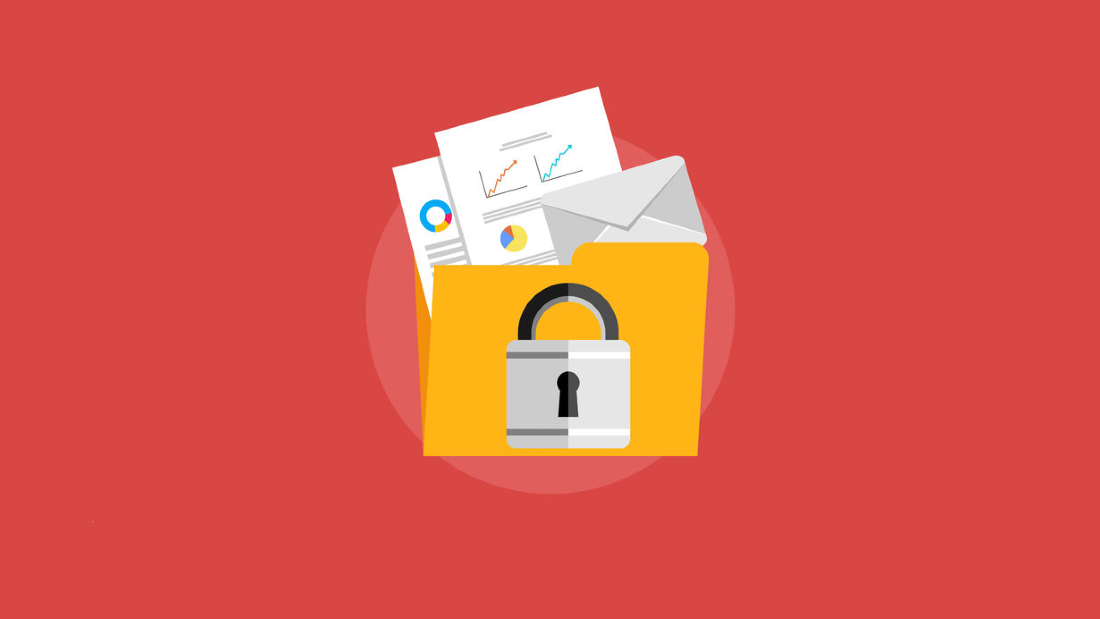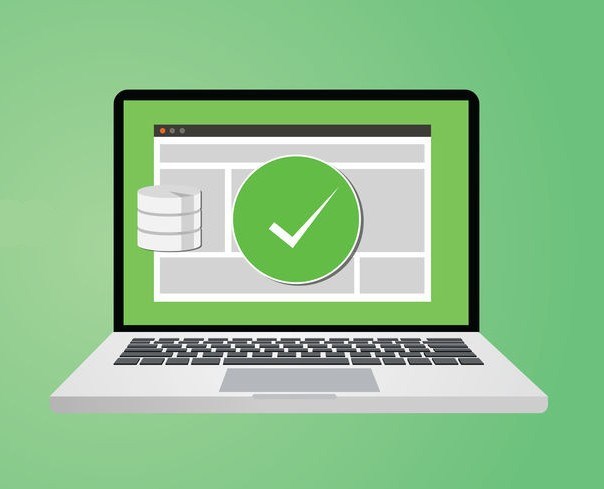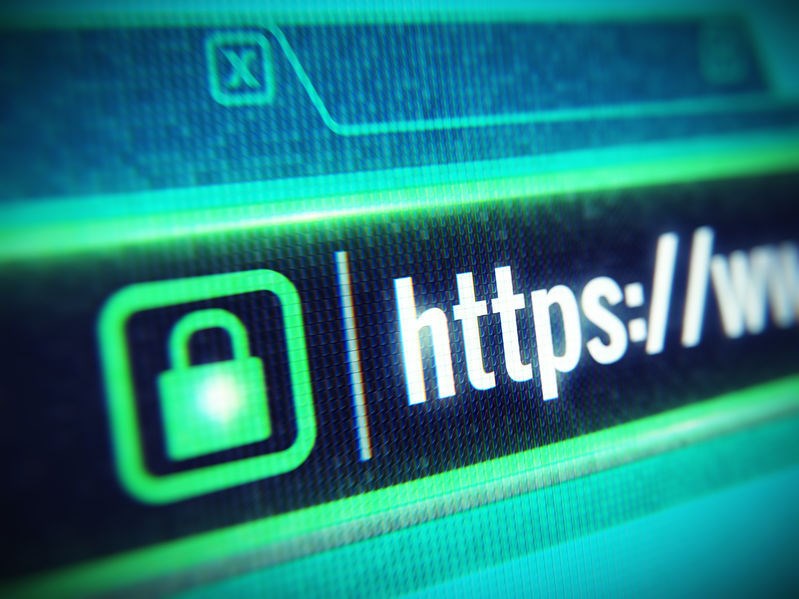Why Your Website Needs an SSL Certificate

Your real-world safety is important. If you’re like most people, you probably do things like lock your windows and doors, buckle your seat belt, or use a home security system.
But have you ever thought about online safety? What about your customers’ online safety?
Sure, consumers should do things like use unique passwords and two-factor authentication to protect their information online, but that doesn’t mean they will. And frankly, as a company, it’s your responsibility to protect any information customers may divulge while using your website anyway.
And that’s where SSLs come in.
An SSL, or Secure Sockets Layer, is like a security system for your website. It protects customer information as it’s transmitted between a website and its server. The actual “conversation” that takes place between a site and a server is also known as a “handshake process.” It’s most commonly used for protecting personal information, like your address, social security number, or credit card information.

Types of SSLs
SSLs aren't one-size-fits-all. The type of SSL you’ll need depends on the primary function of your website and how much data it has to process. There are three types of SSLs:
- Standard-Domain Validation (DV) SSL - These SSLs are cost-efficient and easy to work with. They’re used most commonly for things like blogs or small websites.
- Organization Validation (OV) SSL - More expensive and more secure than a DV, this is a good option for businesses whose websites handle more traffic. With an OV SSL, the company’s name will appear as part of the certificate (next to the URL), which provides a greater sense of trustworthiness.
- Extended Validation (EV) SSL - As the most costly type of SSL, EVs go through a more rigorous verification process. Very large companies will use EVs, but it’s generally not necessary for smaller businesses.
Why Does Your Website Need an SSL?
Because the difference between your website having an SSL and not having ones is huge. The number one reason to obtain an SSL for your website is that it will help you gain the customer’s trust. When consumers see that your website is establishing a “secure connection,” they’ll be far more willing to make a purchase or divulge sensitive information.
But that’s not the only reason. You should also consider obtaining an SSL because:
- Websites with SSLs rank higher in Google search results than websites without
- Any website can be hacked. If this happens, and you don’t have an SSL, you’ll face some serious backlash if your customer’s passwords and billing information are compromised.
- They ultimately save you money by preventing security breaches, which are not cheap.
- They can improve your site speed, especially if you engage in e-commerce
How to Get an SSL

Installing and purchasing an SSL seems easy at first until you realize how much of your website it could affect. When you buy an SSL, it’s not plug-and-play. You also have to:
- Change code to use HTTPS by default
- Set up 301 redirects so HTTP pages go directly to HTTPS
- Update any cross-links you have established with other vendors to avoid broken links
- Update your own internal links (from blogs to landing pages, etc.) to avoid broken links
- Make sure your content management system is compatible
- Update links used by plugins or third-party vendors incorporated in your website
- Update Google Ads and Analytics to ensure SEO and PPC campaigns are running smoothly and can be tracked correctly
- Update social media profiles with new links
It’s a lot, right? We know. We handle stuff like this for our clients every day. In fact, it’s a service we provide for each one of our web design clients. So, if you need a new website, or even if you need help setting up an SSL for your existing site, give us a shout!

